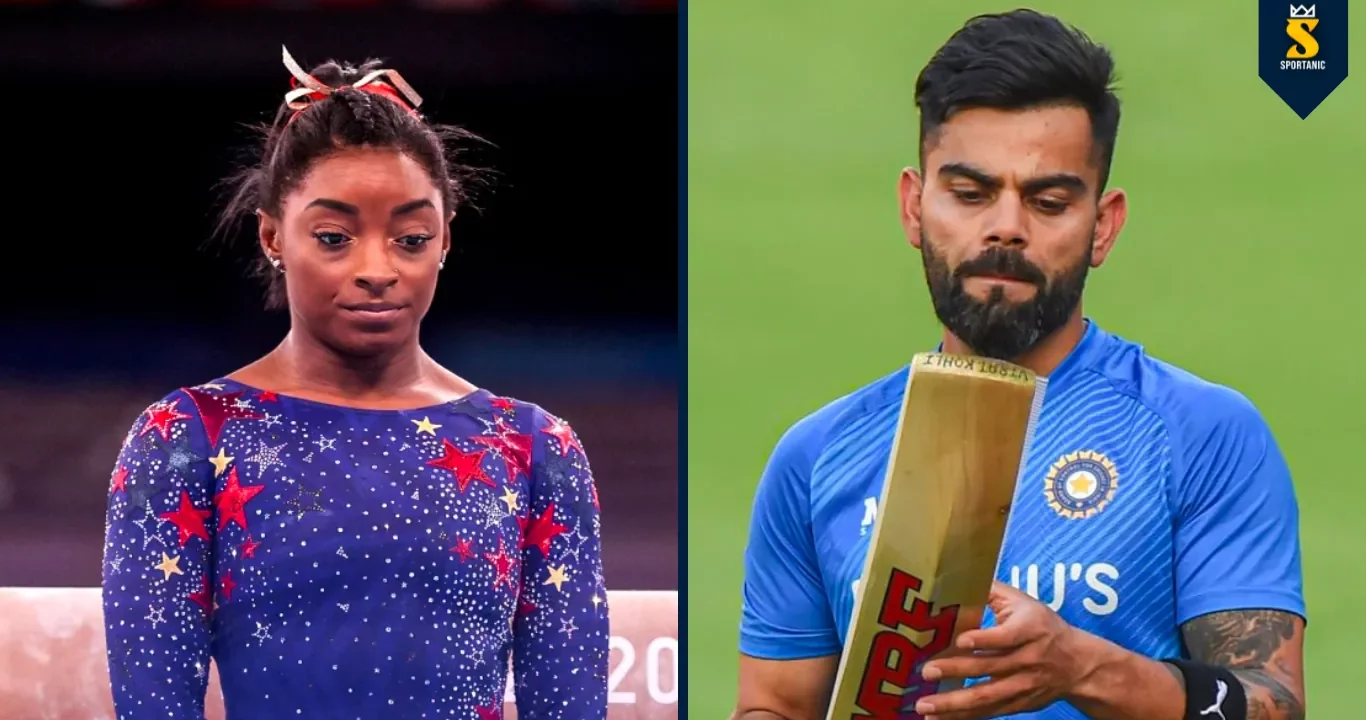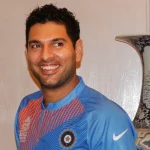
Elite sports or high-performance sports are the highest levels of competition, be it in teams or individually. It is where athletes compete at a professional level and have gone through the highest form of training. Their training allows them to represent their country in local and international tournaments. Overall, elite sports are a display of skill, hard work, and concentration.
Elite Sports and Mental Health? Where’s the link?
How elite sports and mental health are connected? In short, these athletes are faced with intense pressure, competition, and expectations. From rigorous training schedules and physical exercise to high-stakes competitions. Moreover, athletes also have to cope with the immense pressure, and setbacks, while maintaining focus to be successful. This can lead to many mental health challenges such as stress and anxiety. Therefore, it is important to prioritize mental well-being.
Virat Kohli, a world-renowned cricket player spoke about his mental struggles. He specified how constant pressure can negatively impact one’s mental health and cause feelings of isolation. Similarly, the England Cricket Board cancelled one of its tours citing the mental fatigue and anxiety of the players. While many believe this might not be the actual reason for the cancellation, nonetheless, elite sports and mental health are finally being talked about in the same sentence.
However, the struggles of players have continued to be ignored time after time. Nothing is done until they are forced to withdraw themselves. Ben Stokes, an English cricket player, announced his retirement from One Day International cricket. He explained in detail how his mental health had been in ruins due to cricket which also caused him to develop resentment toward the game. He even thought to himself if he was “playing for the wrong people”.
All this could have been prevented if Stokes was given a chance to deal with his struggles instead of constantly being pushed to play. Similarly, Simone Biles, a US gymnast withdrew from the Olympics, and Naomi Osaka from the French Open. This goes on to show the negligence that surrounds elite sports and mental health causing athletes to feel helpless.
What can be done?
A key factor in maintaining mental well-being is managing stress levels. With all the media talks, controversies, decision making and injuries maintaining stress levels should be of the utmost significance. While there are many effective methods, the major ones are meditation and deep breathing exercises.
Furthermore, performance slumps are way too common in these kinds of sports which is why keeping a positive mental attitude is also very necessary. Players will be able to learn from their mistakes and bounce back stronger instead of wallowing in their misery.
Another crucial point to note is an equal division of focus on the sport as well as the life outside of it. Athletes train and play for hours on end which can often cause them to neglect other aspects of life. Players should remind themselves that elite sports and mental health go hand in hand. It is important to remember these parts of life are just as important and time should be carved out for them.
Simply taking a break to relax can also do wonders. Players can prevent burnout and conflicts. Recognizing the importance of the fact that you need a break is the main thing. Therefore, there needs to be more research and concern about how elite sports and mental health are linked, and what athletes can do to protect themselves. After all, they are humans just like all of us.







